The European Union, the French Development Agency, and UNICEF have committed more than €23 million in aid to support Burundi’s education sector, which continues to face significant challenges. This funding comes at a critical time as the country grapples with a deteriorating educational system, exacerbated by high dropout rates, inadequate infrastructure, and teacher shortages. The announcement follows the launch of a nationwide initiative by the Burundian government aimed at addressing these pressing issues.
On Tuesday, the Minister of Education officially unveiled the “Twige Twese” program, which translates to “education for all.” This initiative seeks to tackle the education sector’s persistent problems in four provinces, focusing on addressing teacher shortages, improving school infrastructure, and reducing dropout rates.
Elisabetta Pietrobon, the EU representative in Burundi, acknowledged the depth of the challenges facing the education system. “The education sector in Burundi faces many obstacles, such as a lack of adequately trained teachers, high dropout rates, and insufficient school infrastructure,” Pietrobon said, according to the collective of Burundian bloggers Yaga. She emphasized the importance of the “TwigeTwese” program in addressing these issues, noting that it will also help students develop crucial digital skills.
In a statement on social media, the EU mission in Burundi elaborated on the program’s goals: “The ‘TwigeTwese’ program supports the Ministry of National Education and Scientific Research through performance-based financing, empowering local administration, and engaging children and parents to improve school management and results.”
Minister of Education François Havyarimana expressed optimism about the potential of the program—which is financed by the European Union, the French Development Agency, and UNICEF—to reduce dropout rates, a problem further exacerbated by poverty. According to Yaga, the €23 million grant will be allocated to the construction of new schools, the reintegration of 15,750 dropouts, and the provision of digital learning tools to enhance educational quality.
This aid comes at a time when Burundi’s education system is struggling with severe teacher shortages, a lack of teaching materials, and an alarming rise in student dropouts. The Federation of National Education and Teaching Unions of Burundi (FENASSEB) has recently raised alarms about these systemic issues, emphasizing the need for over 10,000 additional teachers to meet the demand. FENASSEB President Antoine Manuma criticized the government’s slow response to the crisis, calling for urgent reforms to address the underlying issues in the education sector.
Local media reports indicate that thousands of students have dropped out during the first semester of the 2024–2025 school year. On Tuesday, local magazine Jimbere reported that in Ngozi Province, 225,626 students began the 2024-2025 school year, but 3,348 have already dropped out. “Many children drop out early, and the main reason is often parental influence. When children leave school, parents frequently send them to work in the fields. After missing 3 or 4 days, the child loses track of lessons, which leads them to drop out permanently,” said Jean Pierre Ndikuryayo, the education leader in Ngozi province.
In Kirundo Province alone, over 6,000 students have abandoned school, while Kayanza Province has reported over 4,300 dropouts, including more than 2,300 boys and nearly 2,000 girls. Contributing factors to this alarming trend include poverty, limited awareness about the importance of education, and a lack of job opportunities for graduates.

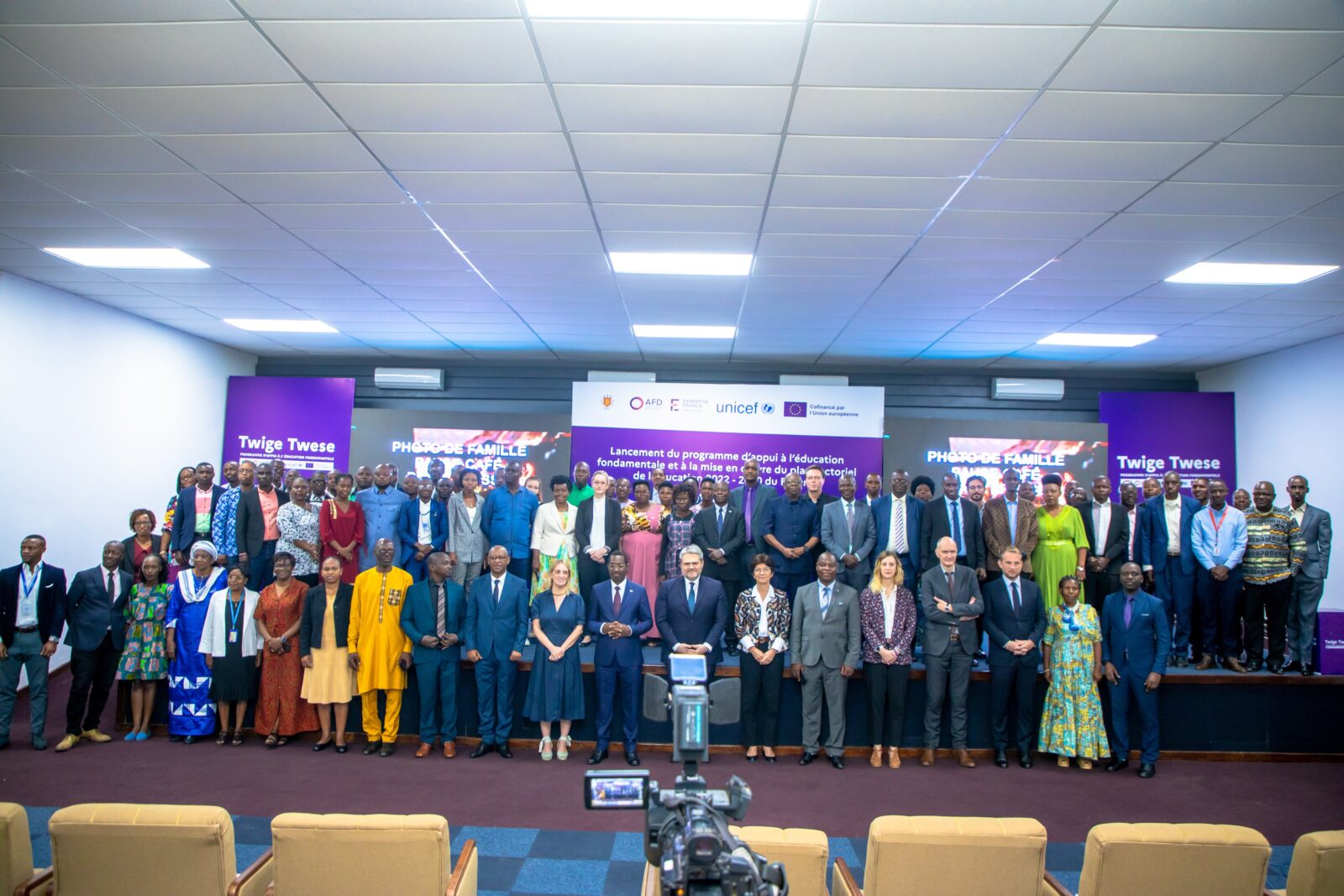


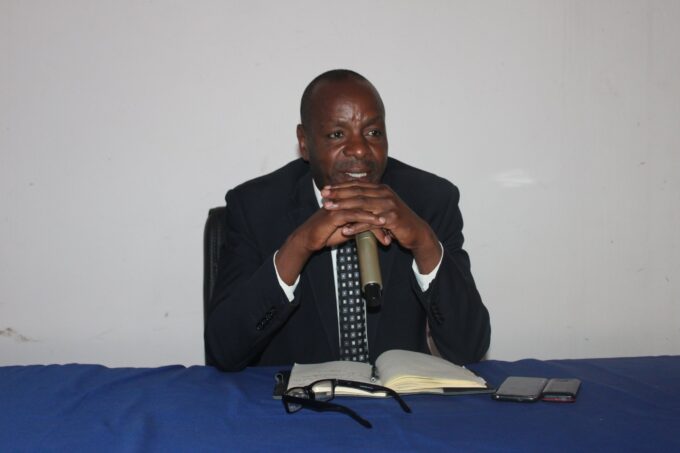
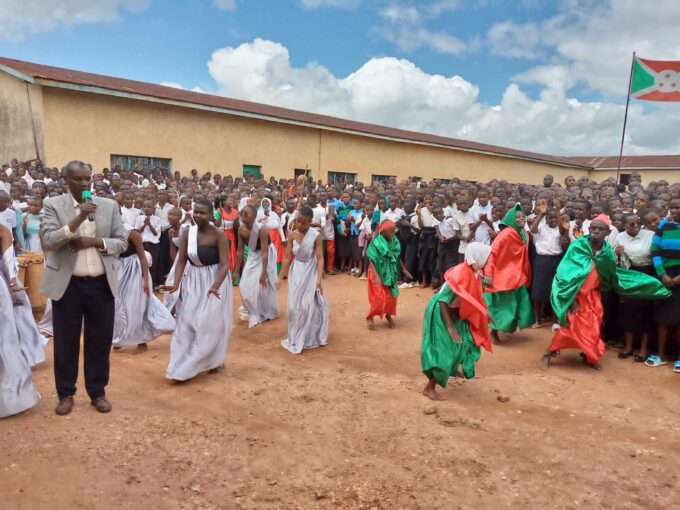
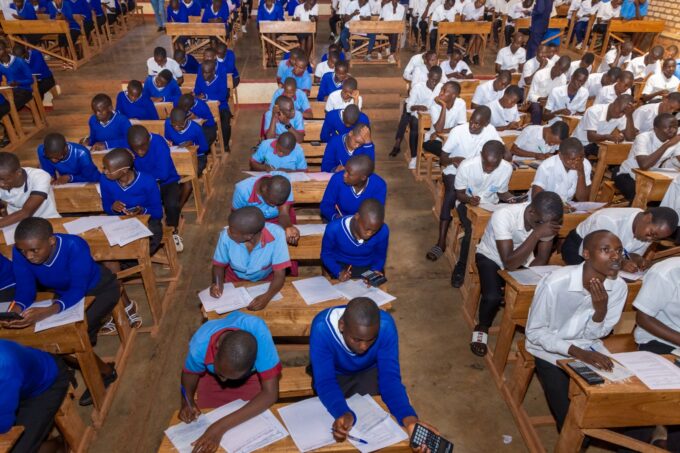
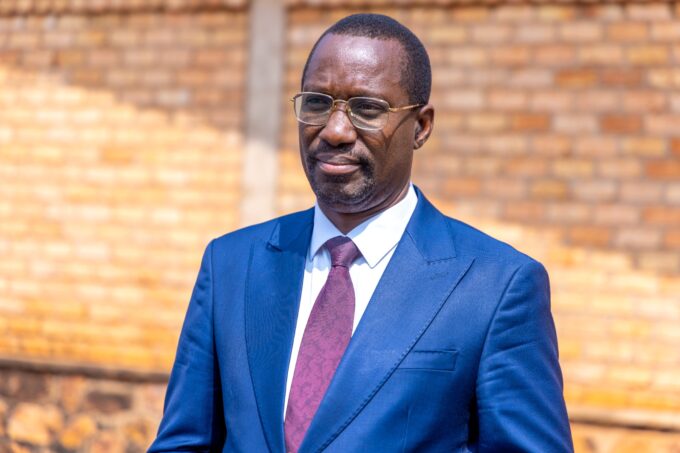
Leave a comment